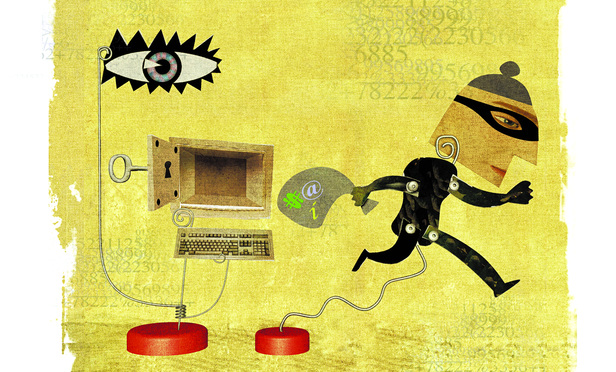In January 2015, the Obama administration announced a series of proposals to strengthen the country’s response to cyberattacks — including, most notably, specific amendments to the federal computer crime statute, the Computer Fraud and Abuse Act (CFAA). These changes are not only significant to the cybercrime-fighting efforts of federal prosecutors, but also to private companies.
This is because the CFAA allows companies victimized by violations of the statute to bring civil actions against the perpetrators. 18 U.S.C. 1030(g). The CFAA, among other things, makes it a crime when an individual ”accesses” a computer “without authorization or exceeds authorized access” to steal data. “Without authorization” typically relates to an outside hacker, whereas “exceeds authorized access” typically relates to a company insider, like any employee who has authority to access the company computer but exceeds that authorized access.
This content has been archived. It is available through our partners, LexisNexis® and Bloomberg Law.
To view this content, please continue to their sites.
Not a Lexis Subscriber?
Subscribe Now
Not a Bloomberg Law Subscriber?
Subscribe Now
LexisNexis® and Bloomberg Law are third party online distributors of the broad collection of current and archived versions of ALM's legal news publications. LexisNexis® and Bloomberg Law customers are able to access and use ALM's content, including content from the National Law Journal, The American Lawyer, Legaltech News, The New York Law Journal, and Corporate Counsel, as well as other sources of legal information.
For questions call 1-877-256-2472 or contact us at [email protected]





